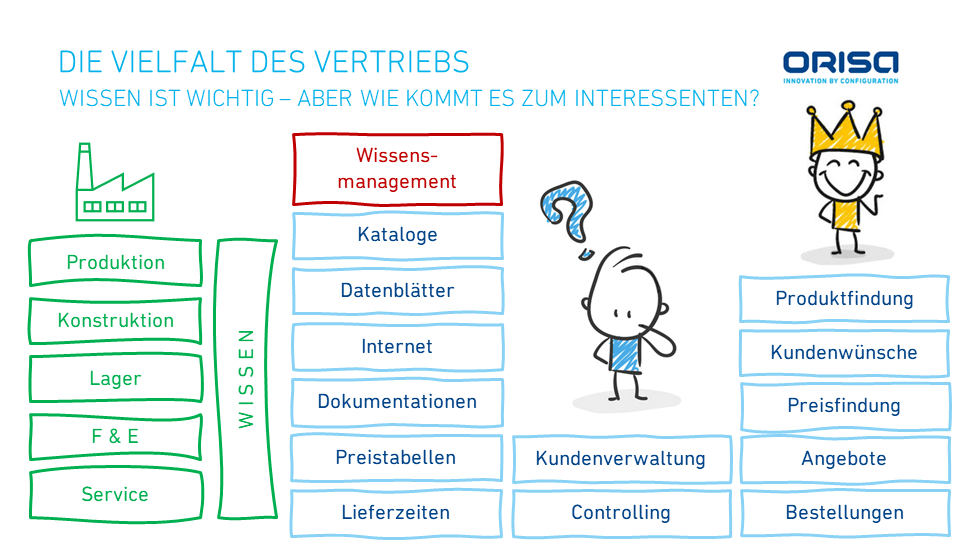The Mittelstand-Digital Zentrum Ilmenau, ORISA Software GmbH, Constancy GmbH and MDZ Magdeburg looked at the management of product data in three events at the beginning of the year. The focus was on information that is particularly relevant for e‑commerce solutions and product configurators. In the first event, Matthias Pohl from the Mittelstand-Digital Zentrum Magdeburg summarized the topics of master data, data structures and data sources in his overview presentation and showed ways in which a company can take different approaches to collecting, structuring and preparing data. Ms. Möhwald from the Mittelstand-Digital Zentrum Ilmenau took the opportunity to point out the various funding opportunities for medium-sized companies that they can take advantage of when dealing with digital transformation.

The second event focused entirely on data and data structures for e‑commerce solutions. Tobias Reich, Managing Director of constancy GmbH, was an expert on this topic and was able to go into great detail about the necessity of correct data for webshops.
He also explained clearly which data is required as a minimum and which data is needed for a truly successful webshop. In the discussion, the various marketplaces were discussed and the extent to which a store operator has to limit himself there due to the specified conditions. Another exciting topic concerned the optimization of webshops for the search algorithms on the Internet and the consideration of product placements operated by competing store operators.
In the third part of the event series, Matthias Schwuchow, Managing Director of ORISA Software GmbH, talked about the possible applications of configurators and from unique product experiences to efficient, faultless consulting. He began by explaining the difference between a product configurator and CPQ and that, in his view, there is no real difference. In order to understand how a product configurator is created, he first explained a step-by-step approach to setting up a configurator from different perspectives. As a result of these considerations, he was able to explain some key functions that are relevant for a company when selecting a CPQ system. In the next topic area, the audience learned where the data for a product configurator can come from and what the single source of data or true source of data is all about. The idea of integration naturally plays a central role here, which was discussed in detail in the presentation. In the second part of the afternoon, Mr. Schwuchow used various examples to show the other ways in which configurators can be used. These ranged from the classic parts list configurator to a spare parts configurator and a service contract configurator. Furthermore, the complex topic of multi-level configuration was addressed and at the end there was an excursion into the process view of a CPQ system with mapping of complete ETO processes across several departments of a company.

All in all, the series of events was a complete success. Entrepreneurs were shown how online stores and configurators can provide crucial support, how systems can be linked together and how product data can be managed and used.